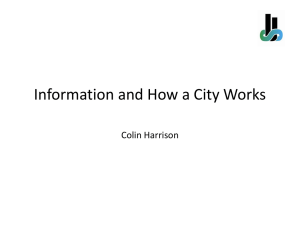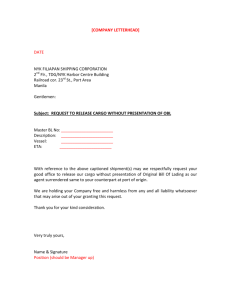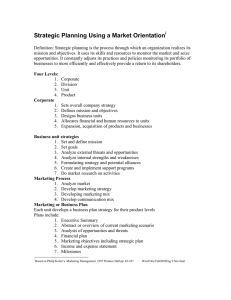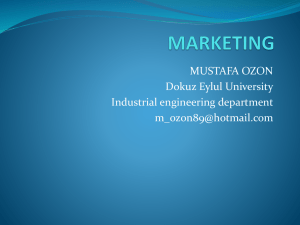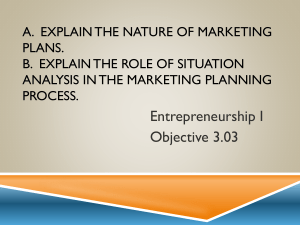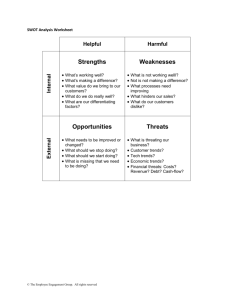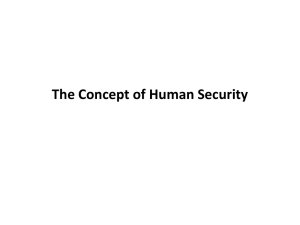Opening Statement for Congresswoman Jane Harman Open Hearing on Global Threats
advertisement
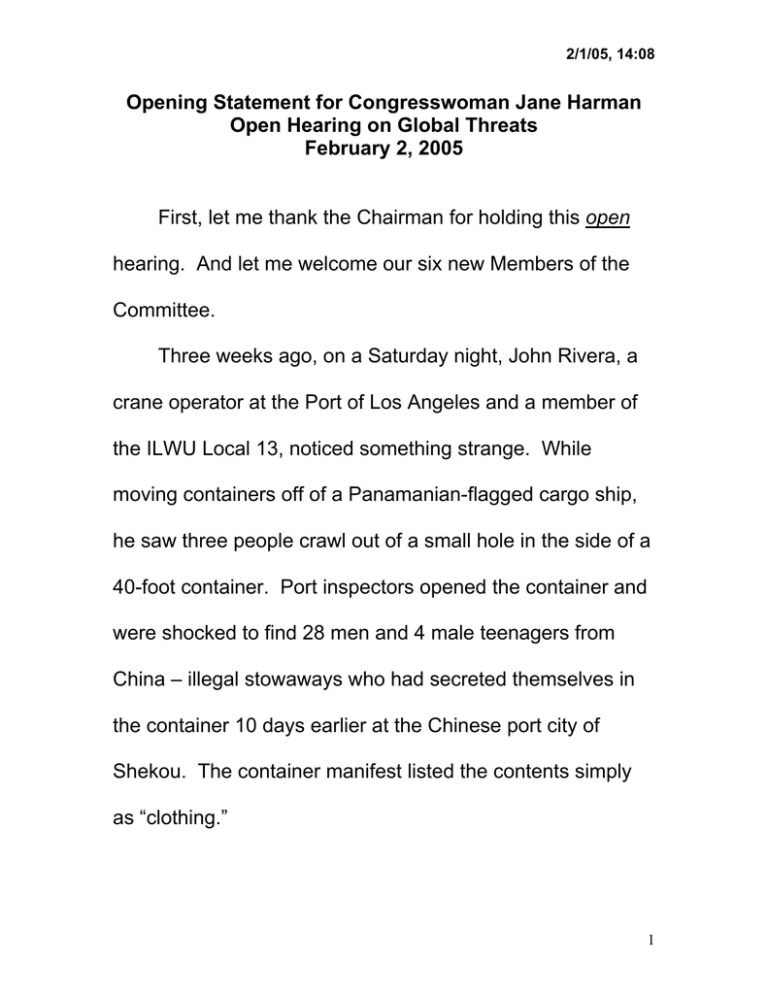
2/1/05, 14:08 Opening Statement for Congresswoman Jane Harman Open Hearing on Global Threats February 2, 2005 First, let me thank the Chairman for holding this open hearing. And let me welcome our six new Members of the Committee. Three weeks ago, on a Saturday night, John Rivera, a crane operator at the Port of Los Angeles and a member of the ILWU Local 13, noticed something strange. While moving containers off of a Panamanian-flagged cargo ship, he saw three people crawl out of a small hole in the side of a 40-foot container. Port inspectors opened the container and were shocked to find 28 men and 4 male teenagers from China – illegal stowaways who had secreted themselves in the container 10 days earlier at the Chinese port city of Shekou. The container manifest listed the contents simply as “clothing.” 1 2/1/05, 14:08 The shipper and the boat’s captain claimed no knowledge of the stowaways, who were quickly taken into federal custody. Mr. Chairman, the global threats to the United States of America no longer come from armies on the march or massive tank columns rolling across Europe. The threats no longer come from a surprise air attack in the Pacific or from concrete ICBM silos in Russia. In an era of terrorism and WMD proliferation, the threats emanate from the shadows, from underground black markets, from sleeper cells, and even from cargo containers in the Port of Los Angeles innocuously labeled “clothing.” If not for that astute crane operator, the cargo container would have certainly made its way past port inspectors and into Greater Los Angeles. That cargo could have been a 32man terrorist cell – 13 more than the 19 who attacked us on 9/11. 2 2/1/05, 14:08 Or, those men could have had TB or the Ebola virus – 32 biological weapons walking the streets of LA. Or, that cargo could have been a shipment of a dozen SA-7 shoulder-fired Surface-to-Air missiles to use against commercial airliners at Los Angeles International Airport – similar to those fired by terrorists at an Israeli airliner in Mombassa, Kenya in 2002. Or, that cargo could have been a cache of highpowered explosives, looted from the Al Qaqaa munitions facility in Iraq and sold through black market arms dealers to a terror cell in Malaysia. Or, that cargo could have contained the parts to build a dirty bomb or even a nuclear weapon. The threats we face today are harder to detect but far more dangerous than ever before. Gaining solid intelligence is more critical than ever if we are going to be able to detect and disrupt those threats before they materialize. 3 2/1/05, 14:08 Gaining solid intelligence means: • collecting actionable and accurate information about the intentions of our enemies; • analyzing that information quickly without missing key clues or assuming something that doesn’t exist; and • sharing that intelligence with key decision-makers across the Executive Branch and with Congress. The purpose of this hearing is to provide the House Intelligence Committee with a more sophisticated view of the threats we face in an era of terrorism. 4 2/1/05, 14:08 What are the capabilities of al Qaeda or other terror networks such as Hezbollah or Islamic Jihad? How many nuclear weapons does North Korea have – and what are their red lines for using them? How does the situation in Iraq impact the strength of Iran – both in terms of a potential regional Shia alliance and in terms of the capabilities of U.S.led forces to counter the growing threat from Iran? How concerned should we be with Russia’s cooperation with Iran or its emerging relationship with China? Which regions devastated by the Asian Tsunami are becoming fertile recruiting grounds for terrorists? What languages do our case officers have to know? Over what nuclear installations or mud huts do we want our satellites to dwell? In short, which threats should keep this Committee awake at night? 5 2/1/05, 14:08 The job of this Committee is oversight. We have an obligation to oversee intelligence officials whose job is to “speak truth to power” -- to communicate information and judgments that decision-makers may not want to hear because that information or judgment may contradict or qualify present or future plans and intentions. To do that oversight, it is imperative that we understand the truth about the threats we face. This hearing begins our search for the truth in the 109th Congress. I look forward to the testimony of our distinguished witnesses. Thank you. 6

